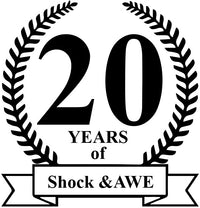09:42
Continued from A1...
Nonrecourse debt or a nonrecourse loan (sometimes hyphenated as non-recourse) is a secured loan (debt) that is secured by a pledge of collateral, typically real property, but for which the borrower is not personally liable. If the borrower defaults, the lender can seize and sell the collateral, but if the collateral sells for less than the debt, the lender cannot seek that deficiency balance from the borrower—its recovery is limited only to the value of the collateral. Thus, nonrecourse debt is typically limited to 50% or 60% loan-to-value ratios, so that the property itself provides "overcollateralization" of the loan.
The incentives for the parties are at an intermediate position between those of a full recourse secured loan and a totally unsecured loan. While the borrower is in first loss position, the lender also assumes significant risk, so the lender must underwrite the loan with much more care than in a full recourse loan. This typically requires that the lender have significant domain expertise and financial modeling expertise.
